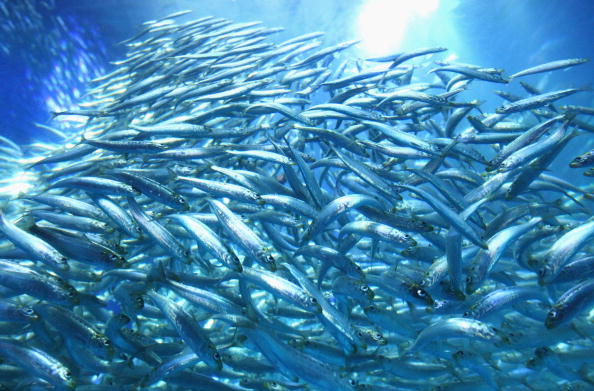The Deepwater Horizon spill captured the attention of the American public with images of sea birds covered in oil slick and floating masses of crude on the surface of the ocean. But what has yet to be addressed is the impact of the oil spill on the sea floor.
Paul Montagna and a team of other researchers from Texas A&M University – Corpus Christi released a study last month on the effects of the Deepwater Horizon spill on the deep-sea floor. Using data from collected cores of the deep-sea floor surrounding the well-head implicated in the Deepwater Horizon spill, the researchers were able to measure the effects of deep-sea oil on the biodiversity of organisms. In the area surrounding the well head there was a loss of as much as 30% in biodiversity and abundance, demonstrating a connection between the spill and loss of deep-sea organisms.
Little is known about how long it will actually take for these fragile communities to recover beyond the fact that there is a distinct lack of nutrients to feed oil eating bacteria, and that it is cold (approximately 4 C) at the ocean floor, thus slowing down all biological processes. Likely, the material will be present for decades to come.
“The deep sea is characterized by the deposition of sediments from above. It is a record of everything that has happened on earth. So over time, sediment will fall and the oil will be buried, but I am really not sure how long that will take,” said Montagna.
This study was part of the National Resource Damage Assessment process and will inform what damage BP will be held accountable for to repay the American public. In terms of restoration, there is unfortunately little action to be taken. Beyond more fantastical musings about a deep-sea vacuum, Montagna offered few suggestions beyond waiting for the ecosystem to restore itself.
Thinking beyond this study, the implications for future spills are complex. These findings shed more light on the possible long-term impacts of spills, and point to the fact that the oil’s reach is much farther than just what is visible at the surface. Because the temperatures of the deep sea are so cold, it is hard not to look to the Arctic and the potential for much more drilling in that area.
“Sea water freezes at 28 – it’s colder than cold up there [the Arctic]. Oil up there will hang around for decades and decades,” Montanga said. There is still a lot to learn about how oil can impact the environment and specifically the deep sea communities of organisms, but it seems initially that this impact is large and long-lasting.

